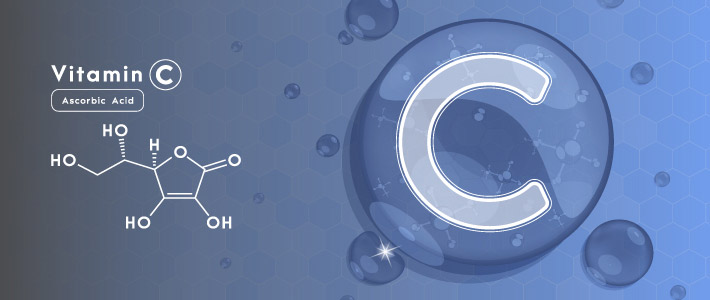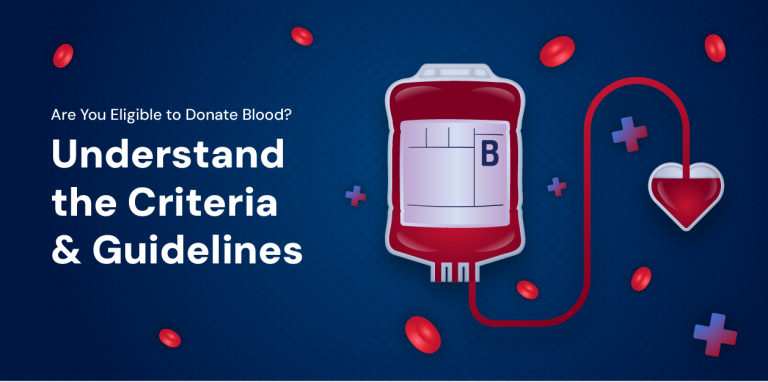Vitamin C, also known as ascorbic acid, is an essential nutrient that we should incorporate into our daily diet. A deficiency in vitamin C can cause significant health damage and cause joint pain, tooth loss, and bleeding gums. Scurvy is a condition that occurs due to a deficiency of vitamin C.
This vitamin has so many hidden health benefits that many people are unaware of. It is essential for a body’s healthy functioning immune system, growth, repair of tissues, absorption of iron, maintenance of bones, cartilages, and teeth. It is also an antioxidant that can protect against toxic chemicals and pollutants like cigarette smoke. People who smoke need 35% more vitamin C than the average person because smoking depletes this vitamin. This vitamin is also said to lower the chances of developing chronic conditions such as cancer, heart disease, and stroke. It is best to consume vitamin C-rich food in its ripe, raw form rather than cooking it for long periods as it loses its nutritional value. One can also stir-fry or blanch vitamin C-rich vegetables to ensure they do not lose many nutrients.
Here is a list of vitamin C-rich foods that you can add to your diet!
Sources for Vitamin C:
Guava Guava is one of the richest and easily available sources of vitamin C. 100g of this fruit consists of 228 mg of vitamin C. A study observed individuals eating 7 pieces or 400g of this fruit, and they noticed that it significantly lowered blood pressure and cholesterol over time.
Lemon Lemon is one of the most known and common sources of vitamin C and is easy to consume. In the 1700s, lemons were given to sailors to prevent scurvy that had claimed many lives. 100g of lemons provides 58 mg of vitamin C. When fruits and vegetables are cut and exposed to oxygen, it triggers oxidation, and the food turns brown. Lemon juice also acts as an antioxidant, and applying lemon juice on cut fruits and vegetables serves as a barrier and prevents fruits and vegetables from browning.
Chili Peppers Chili peppers are also rich sources of vitamin C. Per 100g of chili peppers, there is 143 mg of vitamin C. Chili peppers are rich in capsaicin, which is responsible for their hot taste; moreover, capsaicin can help in reducing inflammation. Evidence shows that one tablespoon of red chili powder might help the loss of weight.
Broccoli Many observational studies have shown that eating cruciferous vegetables like broccoli rich in vitamin C can help reduce the risk of cancer and heart disease and improve the body’s immunity. One can get 89 mg of vitamin C per 100g of broccoli. It can also help with hormonal balance and can help prevent anemia.
Kiwi For every 100g of kiwi, you can get 93 mg of vitamin C. Kiwi is found to improve immunity and lower cholesterol and stress. This fruit can help prevent iron deficiency and is rich in vitamin E and vitamin K.







